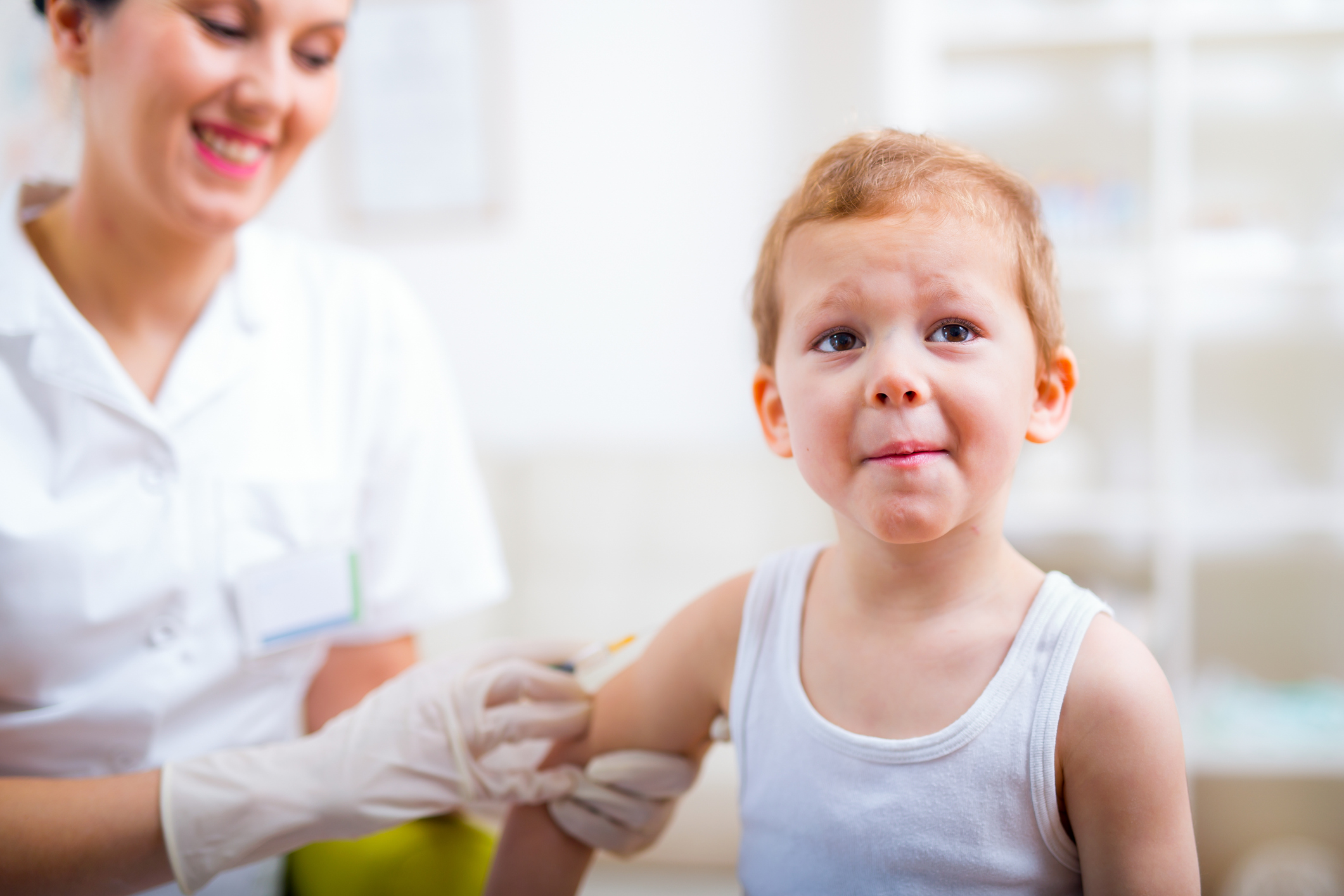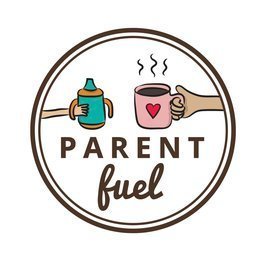
I thought my two daughters would outgrow their needle shot fears. I was wrong. The memory of my 11-year-old screaming loudly during her first HPV vaccination shot meant I had to treat our next shot visit with extra care. Thankfully our doctor was onboard, telling my daughters their feelings were OK with her and that Nurse Olga would deliver their best shot experience ever.
Nurse Olga did not disappoint. She told my younger daughter she would have superhero bragging rights post-shot. She changed it up for my teen, displaying a brisk, efficient manner and turning a benevolent blind eye to my daughter’s surge of tears.
Getting shots for an older child
Dr. John Dunn, nationally recognized local expert on immunizations and vaccinations who works at Group Health, says his own daughter hollered at him for three days after her first HPV vaccination. It’s not a rumor that this shot hurts more than others. The HPV vaccine is in a somewhat salty solution, which makes this shot sting. Often this shot comes after patients have had a long break from vaccinations, too.
It’s empathy not logic that works for this fear, along with a plan made with your pediatrician
“Often kids won’t have any vaccination shots between the ages of 5 and 11. They have this big memory of this thing called shots that are bad news. Parents can normalize shots by telling kids, ‘Yeah, this is going to hurt but it’s not the bad thing you remember it being,’ ” says Dr. Dunn, who was named a 2016 Childhood Immunization Champion by the Centers for Disease Control and Prevention.
When pediatrician Dr. Wendy Sue Swanson’s patients receive their first HPV vaccine, she tells them this shot is in a salt solution, so yes, it’s going to hurt more than some of the other shots. “But here’s the thing, I remind them how short that lasts and they must know: ‘You’re strong enough [to survive that hurt] and this is going to protect you against cancer,’” says Dr. Swanson, who also serves as executive director of digital health for Seattle Children’s Hospital.
Whatever their age
No matter what shot your child is due to receive or what age he gets it, there are ways to make the shot experience easier. No. 1: Don’t surprise them, says Dr. Dunn. “If you don’t mention shots to [your kids] a week or two in advance of the event, they won’t have time to work through their fears,” he says. “If they find out during the appointment, they will absolutely break down. By extension, they might not want to come to the next doctor’s visit and they might lose trust in you.”
Dr. Swanson doesn’t want parents to equate shots to punishment or make promises they can’t keep. “I hear all the time from aunties and parents and grandparents, ‘If you’re not good, you are going to get a shot’ or moms will promise that their kids are not going to get a shot,” she says. “What kids deserve are the facts in age-appropriate ways and always the truth.”

Parents should take their own anxiety out of the experience, too. “The parents’ fear and discomfort about being part of something that causes their kids fear and discomfort ramps up the anxiety in their child,” says Dr. Swanson. “If you’re wildly anxious about shots, send your partner to the doctor’s appointment instead. We know that an anxious parent can influence a child’s anxiety.”
If your child’s fear is an actual phobia, treat it with great respect. “It’s empathy not logic that works for this fear, along with a plan made with your pediatrician,” says Dr. Swanson. Sometimes she uses EMLA (a cream applied directly to the skin 30 minutes before a procedure) to numb the skin; occasionally true needle phobia means she’ll also recommend using anti-anxiety medication.
For most kids, deep breathing and other behavior tricks work. Dr. Swanson recommends the “cough trick,” where the patient coughs while getting a shot.
“Coughing distracts from the shot discomfort and the patient also knows getting the shot only lasts as long as the cough lasts,” she says. Pediatricians sometimes use Buzzy Bee, a commercial product that provides vibrations and distraction on the child’s leg or arm.
And, if all else fails, consider bribery. Both Dr. Dunn and Dr. Swanson see nothing wrong with offering your child time with a favorite app during or after the shot or perhaps a post-shot ice cream cone to celebrate your kid’s bravery.











